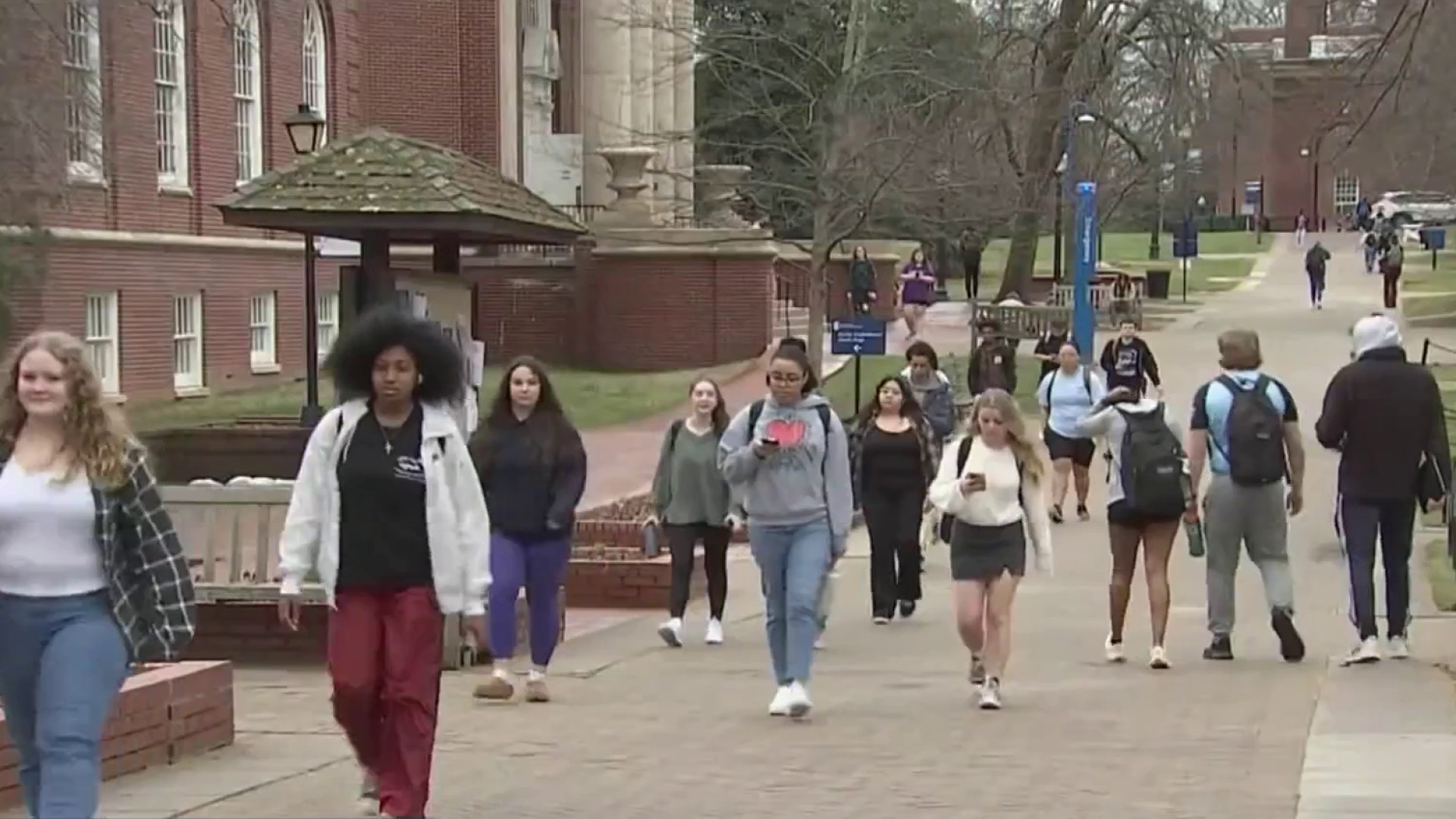A man who served as chief of staff to a District of Columbia Council member will spend eight months in prison for accepting money from a taxicab industry representative seeking favorable legislation, the Associated Press reported.
Ted Loza, the former chief of staff to Council member Jim Graham, was sentenced Tuesday in federal court in Washington. When Loza was charged in September 2009, Graham’s Committee on Public Works and Transportation had oversight of the city’s taxicab industry, but Graham relinquished that to the committee of the whole a month later.
Graham has denied any personal wrongdoing.
Loza pleaded guilty in February to two counts of accepting illegal gratuities. He acknowledged accepting a total of $1,500 in cash from a taxicab industry representative for his help getting legislation passed and not reporting the money on a financial disclosure statement. The exchanges of cash were recorded by the FBI, which was conducting an undercover investigation.
“I am sorry,” Loza told a judge before he was sentenced, calling his actions “an error in judgment.”
Loza said that while he accepted the money, he never actually influenced legislation related to cabs being considered by the D.C. Council, including a moratorium on new licenses and an exception to the moratorium for hybrid cabs.
But prosecutor John Crabb Jr. told the judge that Loza was involved in a large-scale and long-term scheme to corrupt the taxicab industry and that he had “sold his office.” FBI recordings clearly show him asking “What do you want me to do?” after accepting money, Crabb said.
Local
Washington, D.C., Maryland and Virginia local news, events and information
Federal sentencing guidelines call for a sentence of between eight and 14 months in prison. Loza's attorney, Pleasant Brodnax, urged the judge to consider Loza's history of service to the community and good deeds and asked for a sentence of probation with a period of home confinement. Prosecutors asked he be sentenced to 14 months in prison.
U.S. District Judge Paul Friedman said that in deciding what sentence was appropriate he considered not just the two counts of accepting illegal gratuities that Loza pleaded guilty to and his failure to report the money on a financial disclosure statement. The judge said he also factored in other evidence that Loza had used his office and had a pattern of asking for gifts.
“This was not a one-time or two-time event,” the judge said before pronouncing his sentence. “There was abuse of the public trust.”
Loza was initially charged with extortion, bribery and conspiracy, but pleaded guilty in February to the lesser charges.
Friedman said the fact that Loza was a public servant “raises the ante” and that he wanted Loza's sentence to send a message to other public officials. The victim of Loza's crimes, he said, were “the citizens of the District of Columbia,” who were entitled to honest government. He said Loza's actions appeared to be a “quid-pro-quo” to influence legislation.
At the same time, the judge recognized Loza's history of community service, work on behalf of the less fortunate and mentorship of young people. He said Loza was a self-made man and noted the more than 100 letters of support sent to the court by friends and family, many of whom filled the courtroom.
“There is a lot of good,” the judge said, before adding that Loza had engaged in a pattern of activity that was “troubling.”
Brodnax said after the hearing that Loza would not appeal and that he accepted the judge's sentence. Loza did not go immediately to prison but will get a letter in the next few weeks telling him when he will begin serving his sentence.
About three dozen people connected to the city’s taxicab industry were indicted on bribery charges in 2009. More than a dozen also have pleaded guilty.



